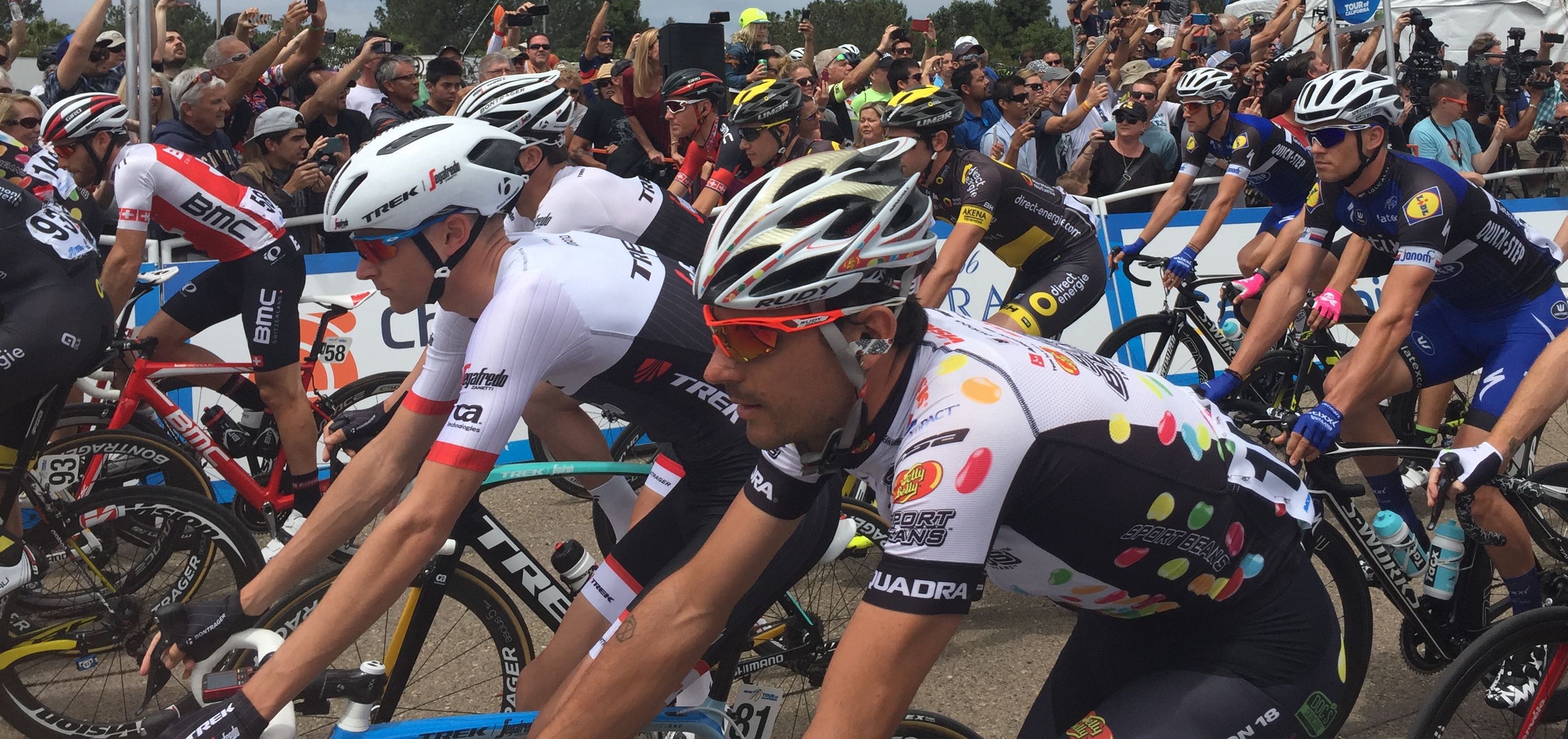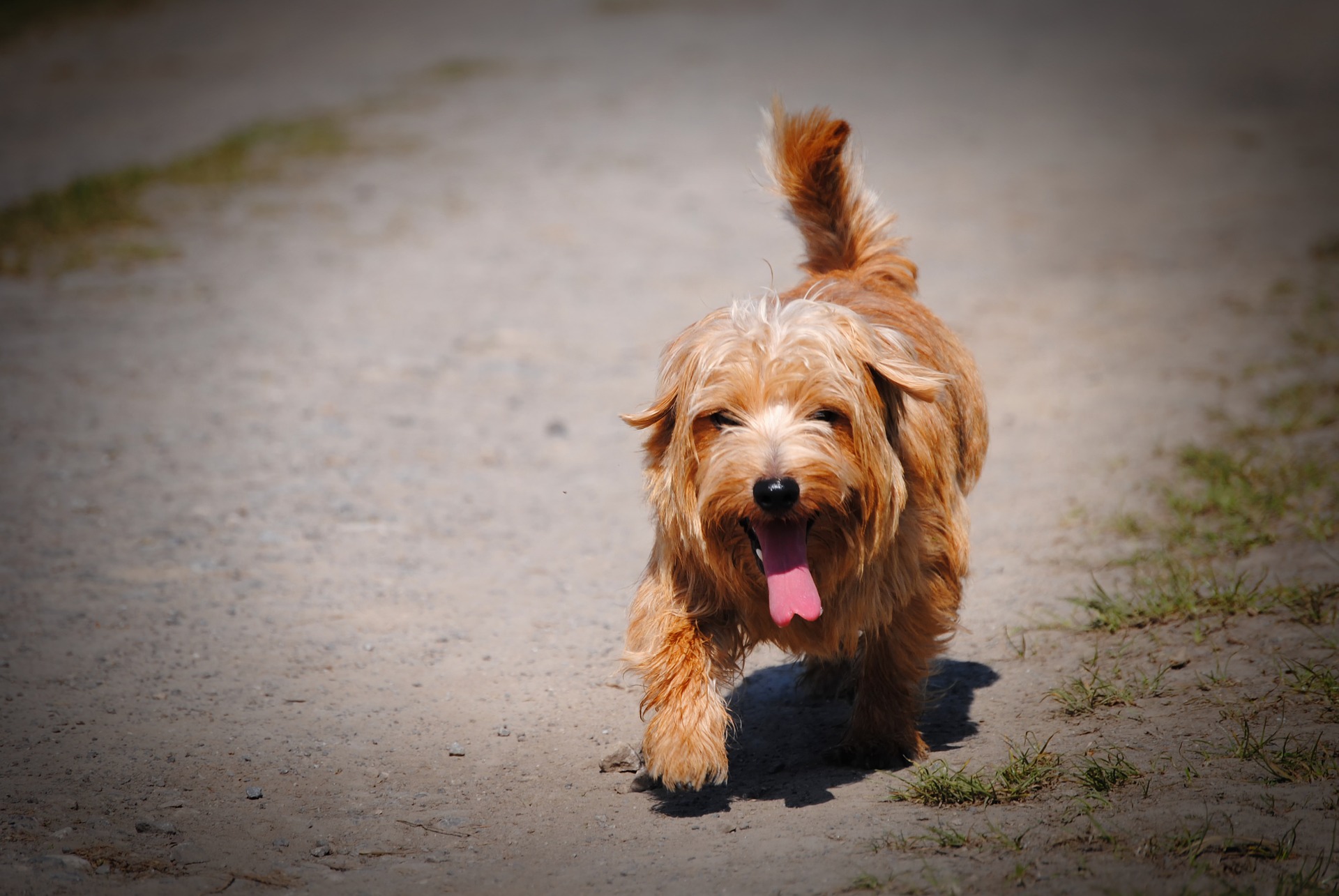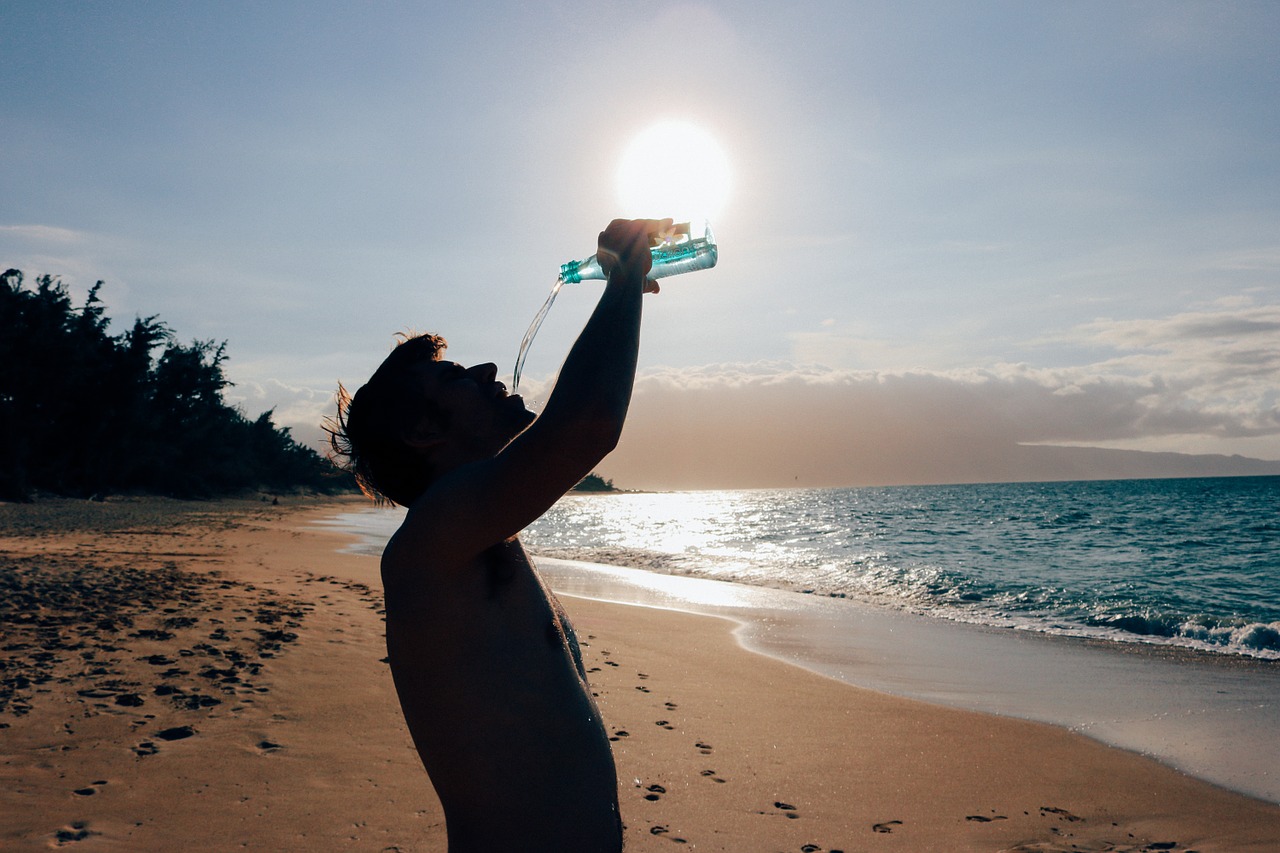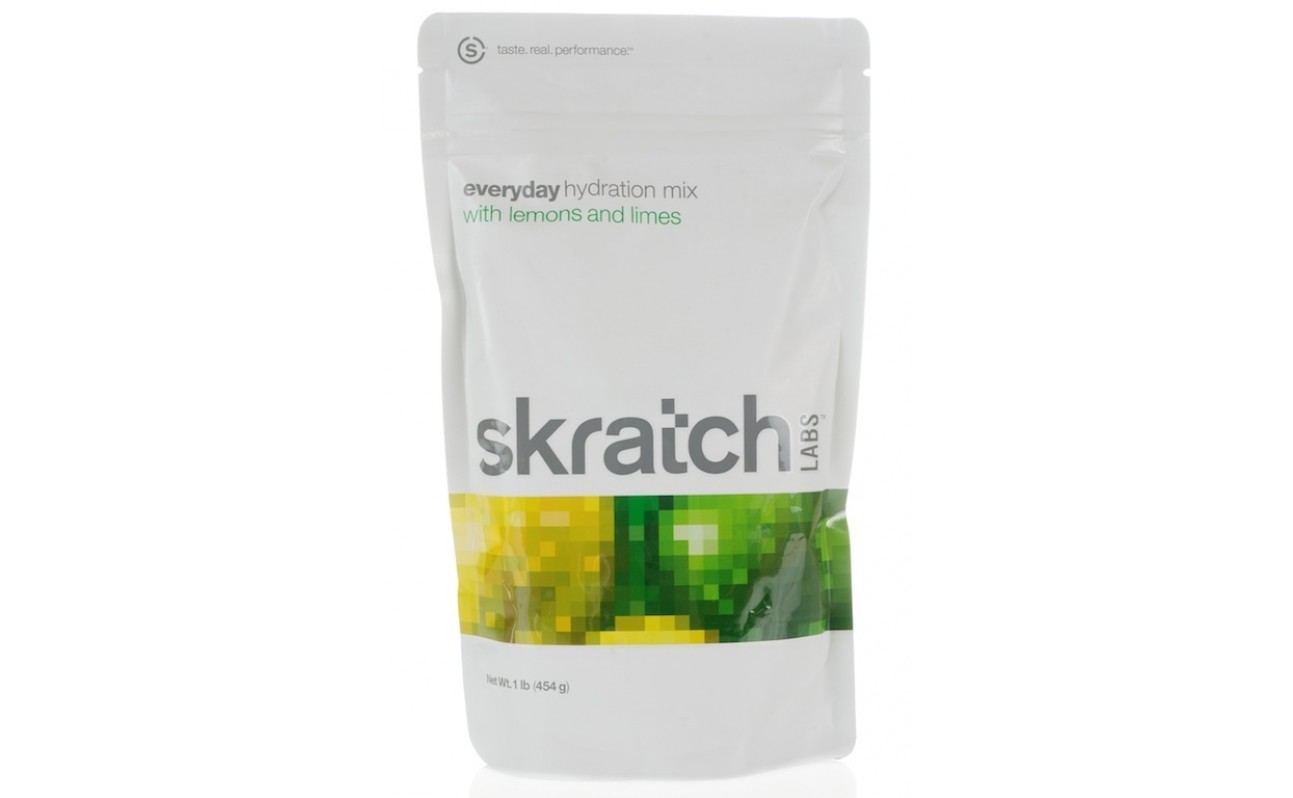Dehydration is the number one enemy of all levels of athletes. The way you hydrate makes the greatest impact on your training, performance and recovery. A daily water intake (including from food) of 3.7L (~ 1 gallon) for adult men and 2.7L (0.7 gallon) for adult women meets the needs of most of people (1), while endurance sports and heat stress can greatly increase daily water needs. For example, endurance athletes can sweat 1 to 2L (34–67 oz) per hour and elite athletes can sweat 4L (~ 1 gallon) per hour in extreme conditions. Our bodies also lose 900 to 1400 mg of sodium per liter of sweat (2) in addition to a number of different electrolytes, including chloride, potassium, magnesium, and calcium, which are essential to maintain a functional body. The water and electrolytes lost in sweat must be replaced quickly to prevent an imbalance in body fluids and enhance exercise performance.
Dehydration

Dehydration is defined as losing more than 1% of body weight (BW) due to fluid loss. Severe dehydration is defined as losing greater than 3% of BW. Even a small amount of dehydration in athletes can reduce their strength, endurance, coordination, mental acuity and thermoregulation. Thirst starts when 1–2% of BW has already been lost. In severe case of dehydration, recovery can take up to 18–24 hours even with good rehydration treatments (3).
How much you need to drink?

It is hard to calculate the needs of fluid replacement during exercise since the amount varies by environmental factors, such as temperature, humidity, solar radiation and barometric pressure, and physiological/anatomical factors like your metabolic rate, core temperature, skin temperature, body mass and body surface area (5). Recommended volumes are 8–16 oz 1–2 hour before exercise, 4–8 oz for every 15 min during exercise and 24 oz after exercise for every pound of weight loss (3, 11). You can gradually learn how well you are hydrating by weighing yourself before and after your exercise in different conditions. Such feedback will develop a better sense of how much to drink for different intensity levels and environments.
Sodium; A key electrolyte in the blood circulation
Among the electrolytes lost by sweating, sodium is the most critical chemical for normal body function. Your body loses about 900 to 1400 mg of sodium per liter of sweat (1). Sufficient blood sodium is essential to maintain a sufficient volume of water in the blood. Sodium intake during your exercise should also help prevent water intoxication (hyponatremia), a condition in which the concentration of sodium in the blood becomes dangerously low. Since sodium loss in sweat is variable, it is hard to estimate how much sodium to consume. However, visible salt crystals on the skin or frequent urination can be signs of losing sodium. When you are losing a lot of salt and just drinking water, you may dehydrate yourself because your kidneys sense the diluted sodium levels and begin filtering excess water to let you pee more. Of course, trained athletes know that adding sodium in their drink during the exercise is a good practice but finding a perfect drink is challenging because not all sports drinks have enough sodium but excess sugar and additives. That is why I started to make my own hydration powder mix.
Sports drink

I’ve never liked sports drinks, which are syrupy sweet with vivid colors and artificial flavors. Although sports drinks are intended to restore the fluid balance more quickly than water, replenish the electrolytes lost in sweat and provide glucose that quickly fuels working muscles, most drinks do not provide enough sodium and contain an excess amount of sugar and other additives, which may cause gastrointestinal (GI) distress.
Gatorade and Powerade
For example, 12 oz of Gatorade has 21 g (6%) of sugar, a combination of sucrose (table sugar) and glucose, and 160 mg of sodium and 45 mg of potassium. Same volume of Powerade has 6% of high fructose corn syrup (HFCS), 150 mg of sodium and 35 mg of potassium. If you wish to recover 900 mg of sodium that is lower end of sodium loss in 1 L of sweat, you need to drink more than you can carry, 68 oz of Gatorade or 72 oz of Powerade. You also end up consuming 118–126 g of sugar.
Sugar types matter
When you drink too much sugar and calories, the osmotic pressure in the stomach goes up and the consumed fluid draws water into the stomach, resulting in slow fluid absorption and GI distress (12). Common types of sugar found in sports drinks are sucrose, glucose, fructose and maltodextrin, a chain of glucose molecules. Drinking large amounts of fructose and maltodextrin is known to dehydrate the body since both increase osmotic pressures in the small intestine, where 95% of water absorption occurs, so that body pulls water out of the blood into the intestinal cavity. On the other hand, glucose is necessary to absorb water and sodium efficiently because the intestinal glucose transporter is the major player to absorb water and sodium along with glucose. In fact, about 50% of water absorption in human body relies on this pathway (4). Sucrose is digested to glucose and fructose in the small intestine. When sucrose (or fructose) is ingested along with glucose, the mixed sugar is utilized more efficient than single sugar in the body (13).
Skratch Lab

So the simple solution is drinking a beverage that has more sodium and less sugar consisting of glucose and sucrose when you sweat a lot. One of brands I like is Skratch Labs Hydration Mix. A 16 oz serving Skratch Labs hydration mix (powder) has more sodium (360 mg) and less (4%) sugar than other brands. Other electrolytes contained in 16 oz serving are 40 mg of potassium, 49 mg of calcium, 45 mg of magnesium. The concentrations of electrolytes besides sodium are chosen to be similar to the compositions of sweat. The amount of sugar seems to maximize both water and sugar absorption without GI discomfort (5). The 900 mg of sodium can be replenished with 40 oz of drink including 50 g of sugar.
Energy drinks
It should be noted that energy drinks, such as Red Bull and Rockstar, are completely different from sport drinks. These drinks have caffeine that accelerate dehydration and increase blood pressure, too much sugar (1% in Red Bull and 13% in Rockstar) that can slow the rate at which water is absorbed into the bloodstream and lead to GI distress, and no electrolytes that you need to replenish during and after exercise. Do not drink any energy drinks immediately before or during your exercise for your safety.
Hydration guidelines
Good sports drinks hydrate body, replenish electrolytes and fuel muscles. However, sports drinks can increase risks of chronic diseases (such as hypertension and type 2 diabetes) if you regularly drink them at home and work. Choose your drink depending on the duration and intensity of the physical activity and on how much you sweat.
- Drink before you feel thirsty.
- Drink water when you workout for 1hr or less.
- Drink a sports drink (or sodium added water) when you workout more than 1 hr at high intensity.
- Drink 8–16 oz 1–2 hour before exercise, 4–8 oz for every 15 min during exercise and 24 oz after exercise for every pound of weight loss.
- Do not drink energy drinks before and during your exercise.
References
- Sawka MN1, Cheuvront SN, Carter R 3rd. Human water needs. Nutr Rev. 2005 Jun;63(6 Pt 2):S30–9.
- Shirreffs S M, Maughan R J, Rehydration and recovery of fluid balance after exercise. Exercise and Sport Sci. Rev. 2000, 28: 27–32.
- Scott MA. “Nutrition in Athletes” American Osteopathic Academy of Sports Medicine, 23 Apr. 2015.
- Loo DDF, Wright EM and Zeuthen T, Water pumps. J Physiol. 2002, 542: 53–60.
- Thomas B. and Lim A. Feed Zone Portables, 2013, Boulder, CO: Velopress.
- Tipton KD, Nutritional Support for Exercise-Induced Injuries. Sports Med. 2015, Nov; 45 Suppl 1:93–104.
- Rutherford JA, Spriet LL, Stellingwerff T, The effect of acute taurine ingestion on endurance performance and metabolism in well-trained cyclists. Int J Sport Nutr Exerc Metab. 2010, Aug; 20(4):322–9.
- Balshaw TG, et al. The effect of acute taurine ingestion on 3-km running performance in trained middle-distance runners. Amino Acids. 2013, Feb; 44(2):555–61.
- Ishikura K1,et al. Effect of taurine supplementation on the alterations in amino Acid content in skeletal muscle with exercise in rat. J Sports Sci Med. 2011, Jun; 10(2):306–14.
- Von Duvillard SP, et al. Fluids and hydration in prolonged endurance performance. Nutrition. 2004, Jul-Aug;20(7-8):651-6.
- Murray R. The effects of consuming carbohydrate-electrolyte beverages on gastric emptying and fluid absorption during and following exercise. Sports Med. 1987, 4(5):322-51.
- Sun SZ & Empie MW. Fructose metabolism in humans-what isotopic tracer studies tell us. Nutr&Metab. 2012, 9:89.
